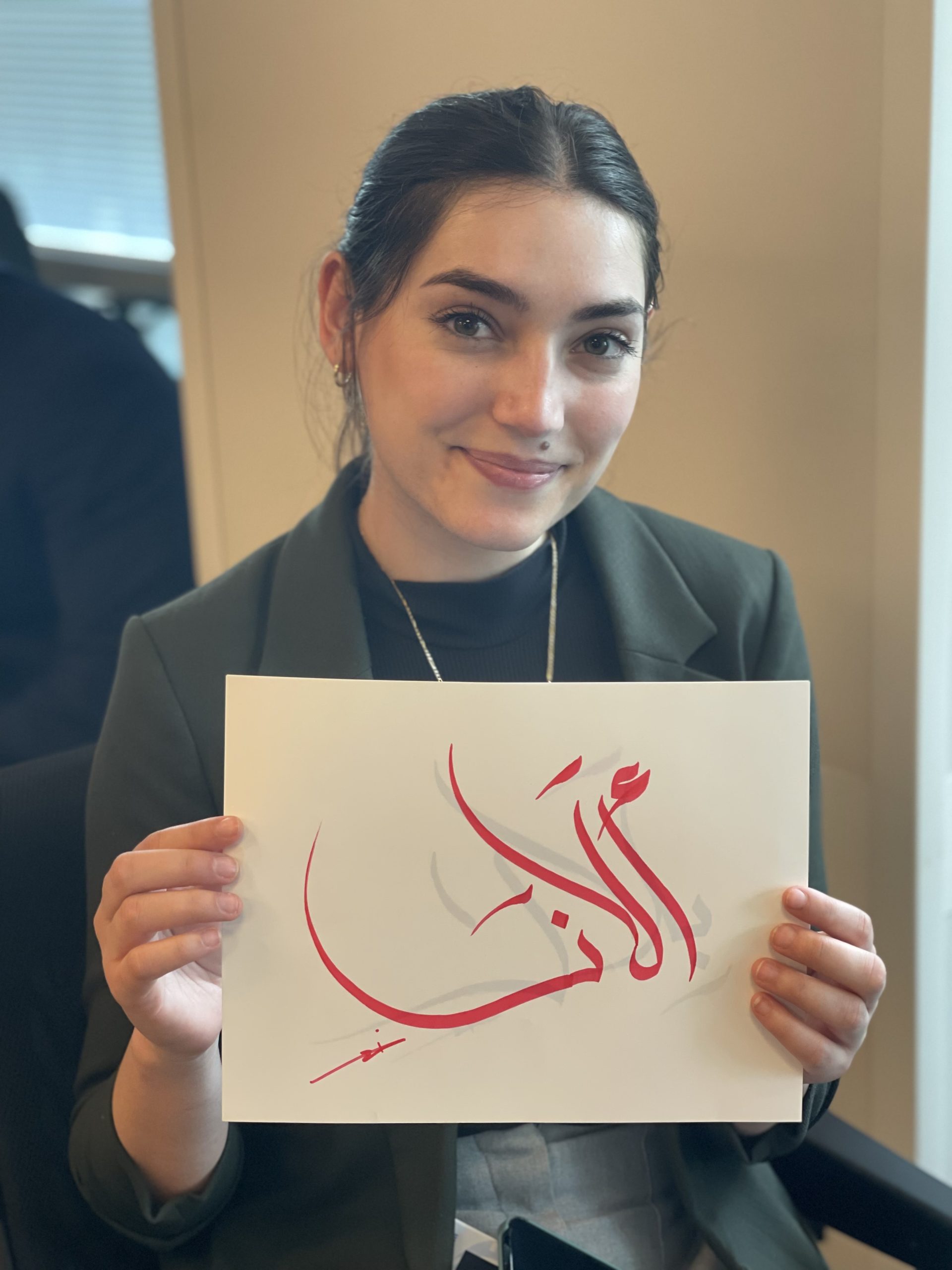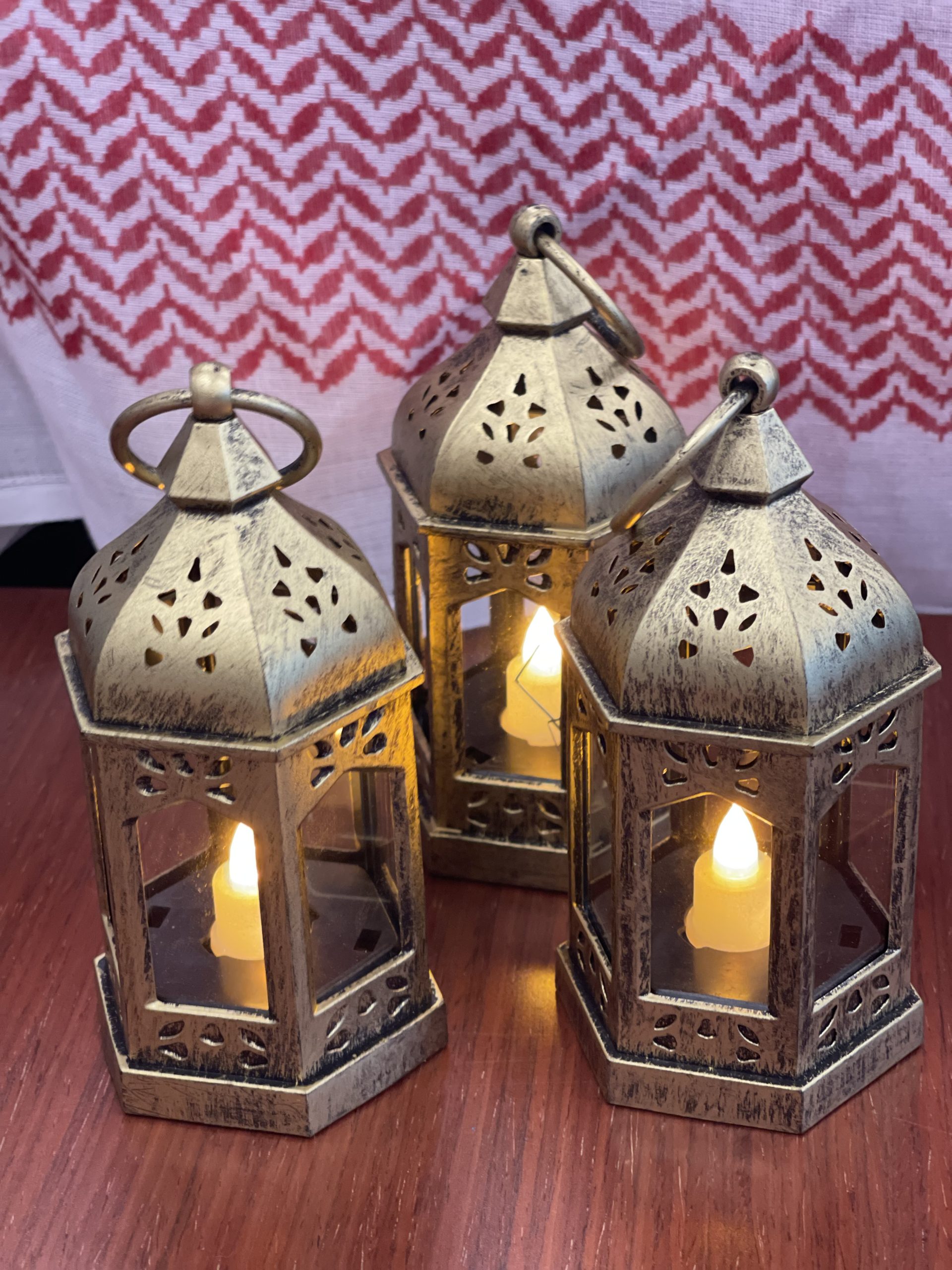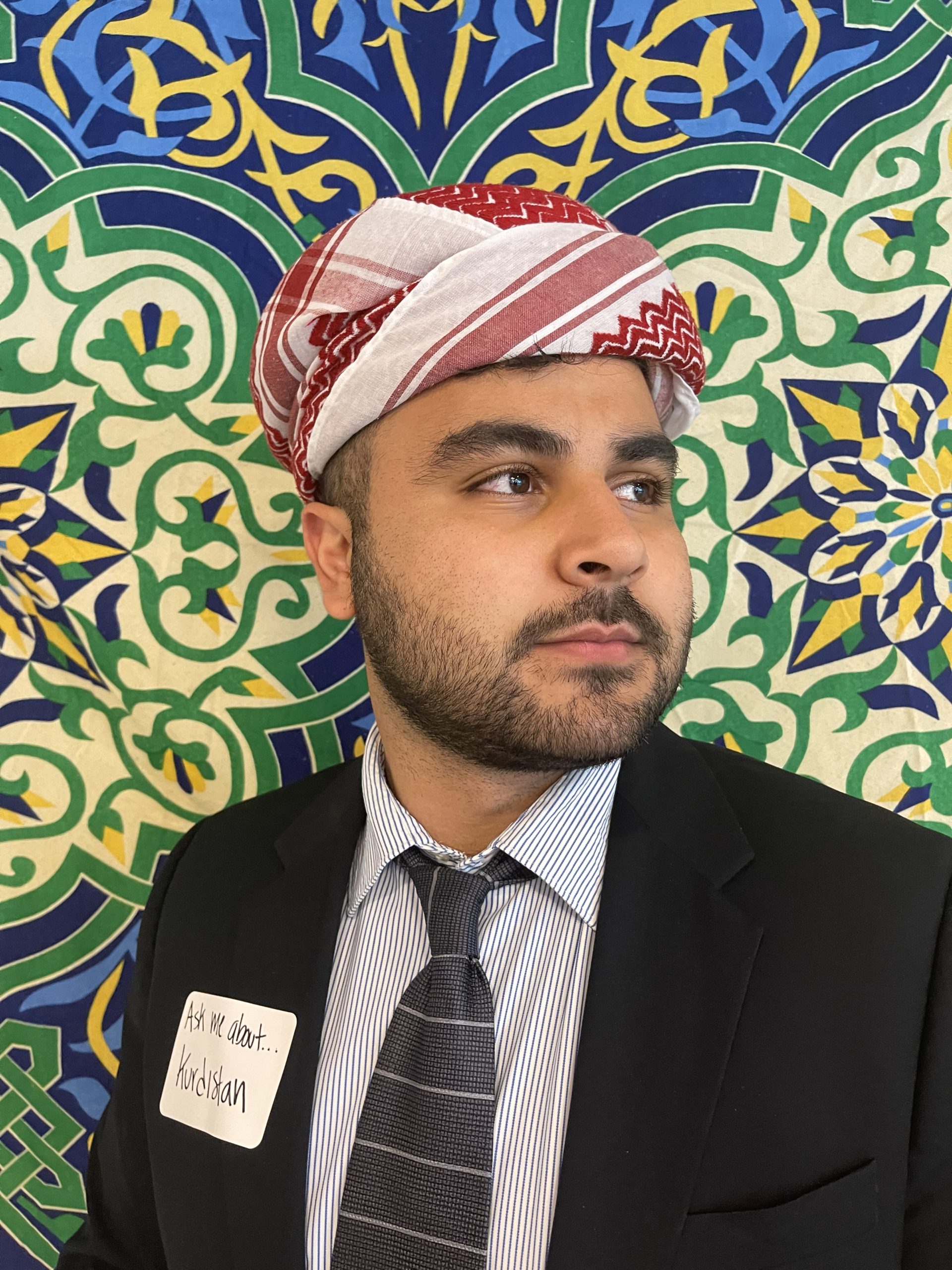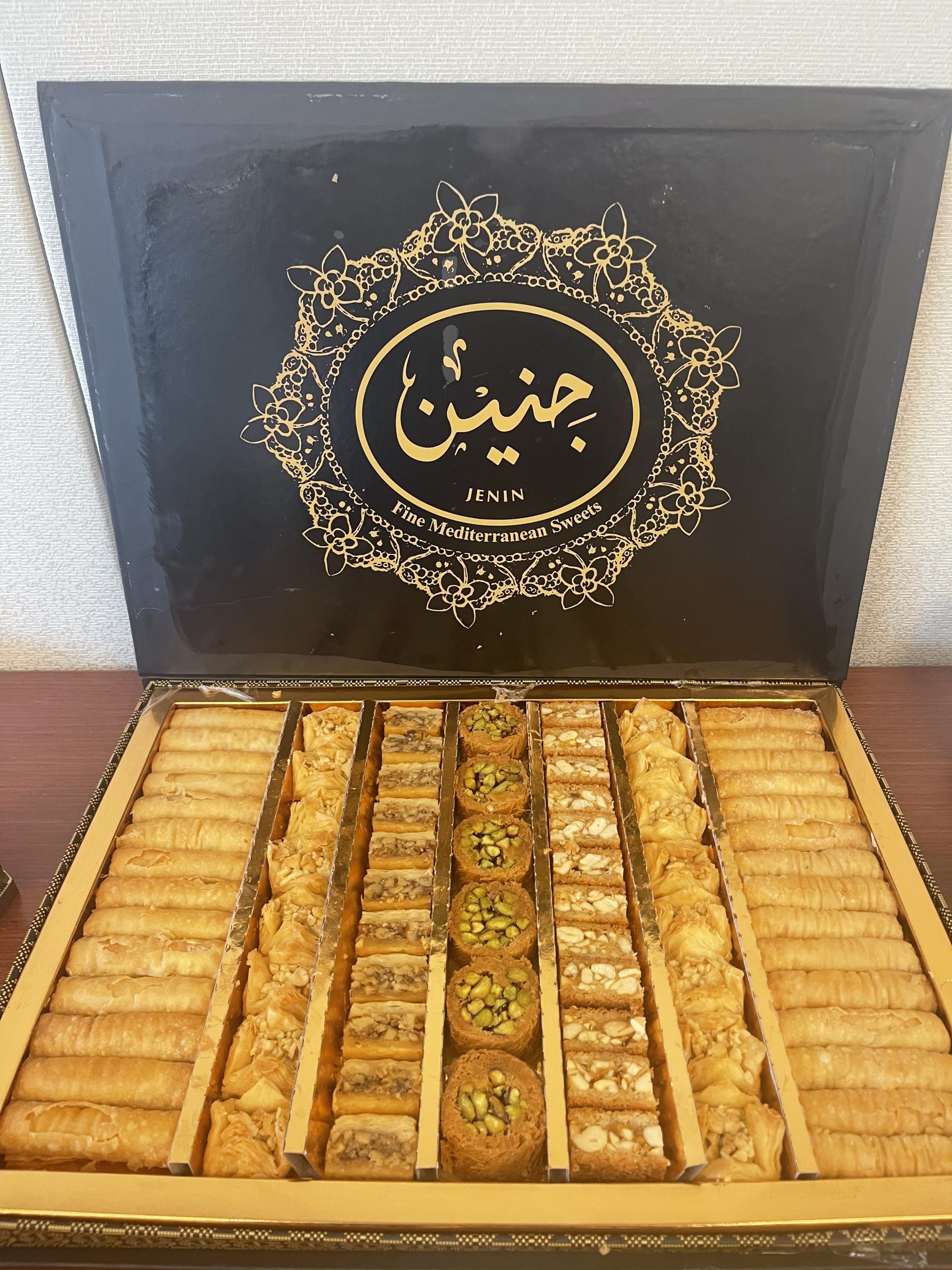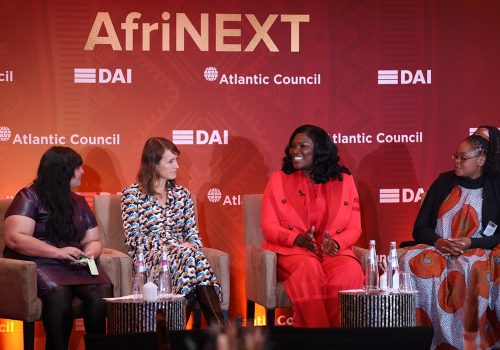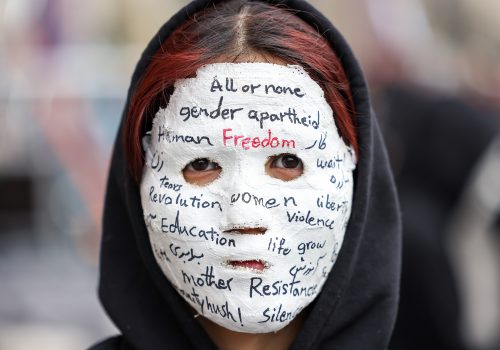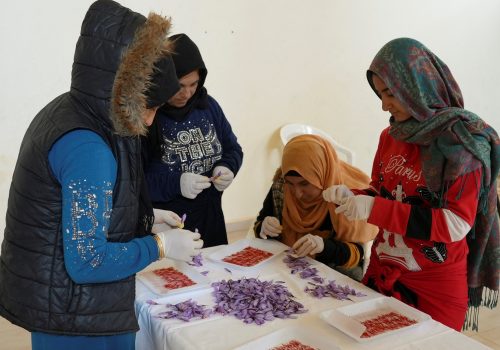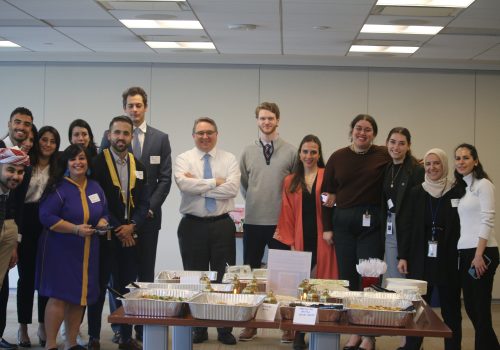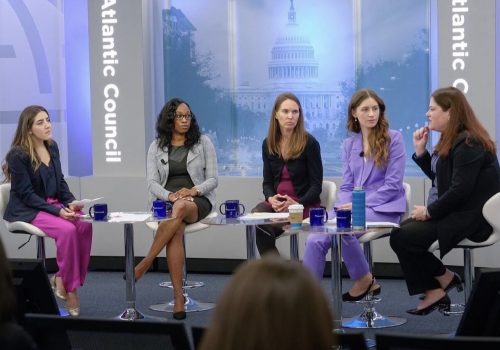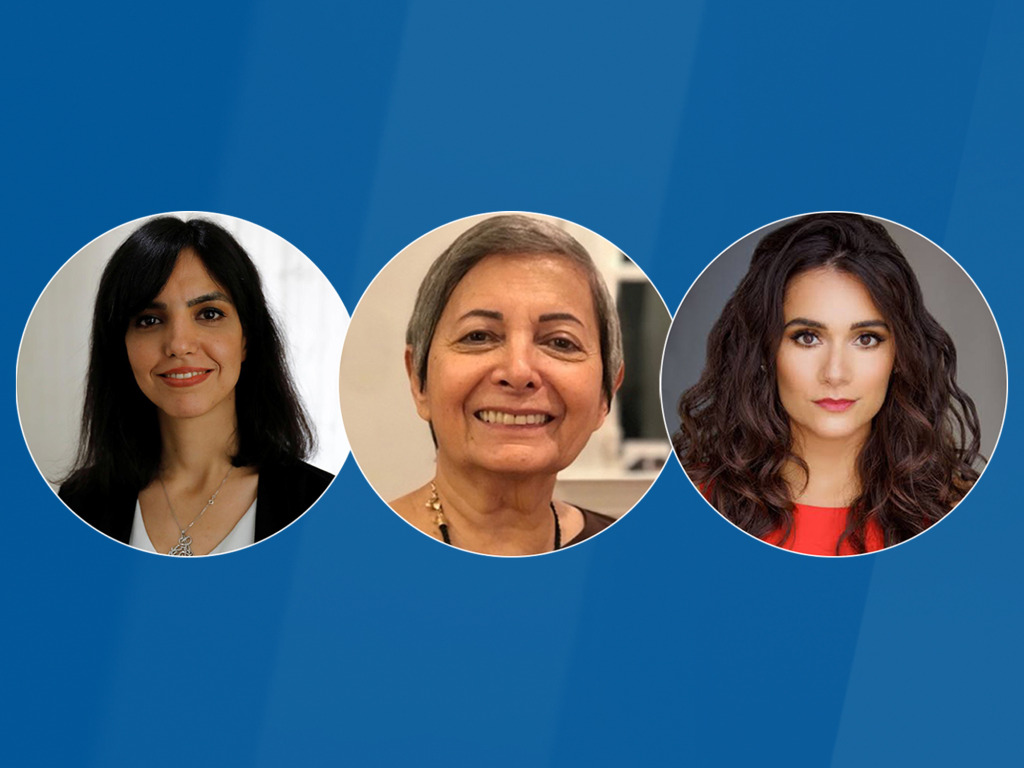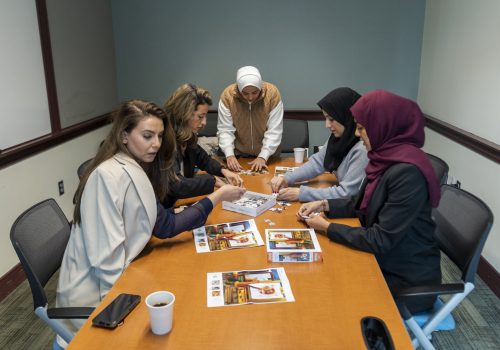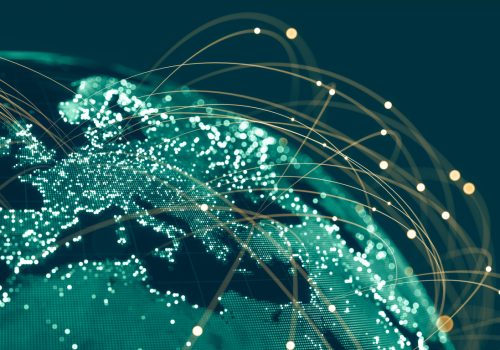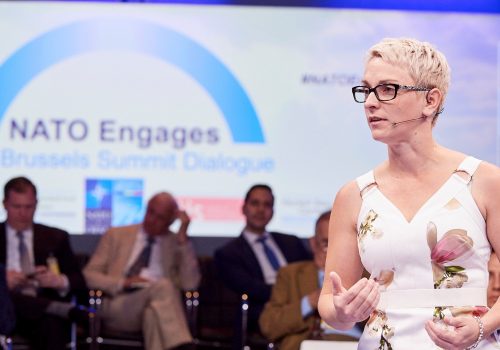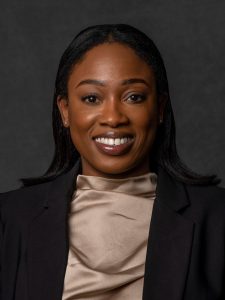The Atlantic Council is dedicated to fostering a dynamic environment where diversity, equity, and inclusion thrive. We bring together individuals from a rich array of backgrounds, identities, genders, political affiliations, nationalities, and races to collaborate as global change agents. Our focus is on recruiting capable, results-oriented colleagues committed to shaping the global future alongside our partners and allies. We strive to ensure equity in compensation and promotions and to create opportunities that advance and celebrate the Council’s vibrant, diverse, and principled culture.
This is who we are
Since its founding in 1961, the Atlantic Council has been committed to fostering an inclusive global perspective, helping Americans understand their role in a broader international community.
The Council stands out as a hub where Americans collaborate with allies and partners worldwide to develop ideas, propose solutions, and build a better world together.
From its inception to the present, the organization thrives on diverse views and perspectives. Diversity is and will always be our competitive edge — fueling our exponential growth and outstanding performance.


Today, the Atlantic Council proudly embraces its identity as a diverse international organization. People who speak different languages, hold various political views, and come from diverse national, religious, and ethnic backgrounds draw on their unique experiences to enrich our work.
We acknowledge that there is always more we can do — and we are committed to doing it.
Reflecting on our history, even in 1952, before the Council was founded, Secretary of State Dean Acheson — one of our founders — expressed in a letter for the Supreme Court’s Brown vs. Board of Education case that “the continuance of racial discrimination in the United States… jeopardizes the effective maintenance of our moral leadership of the free and democratic nations of the world.”
Both the US and the Atlantic Council have made significant strides since then. We pledge to advance further, understanding that diversity, equity, and inclusion are vital to our domestic strength and international credibility.
Read our statement to learn more about Atlantic Council’s commitment to DEI.
Our work
Events
Employee resource groups
Black Employee Network
In alignment with the Atlantic Council’s commitment to creating and sustaining an inclusive environment, the Black Employee Network enhances employees from the African Diaspora’s sense of belonging and empowers their path to success. The group also uplifts the Atlantic Council’s spheres of influence, community, and beyond to better foster a global future of inclusion, understanding, and tolerance through the following:
- Dynamic engagement opportunities in recruiting the global leaders of the future,
- Crafting elevated opportunities for celebration and appreciation of culture,
- And targeted responses in establishing equity.
AC Women
AC Women, an Employee Resource Group, supports and enhances the experience of female-identifying employees at the Atlantic Council by creating an inclusive environment that, facilitates professional development and encourages the collaboration of women across the Council, regardless of department, position level, and experience. We celebrate the unique perspectives and contributions of all AC women and seek to foster a dynamic community to shape the global future together.
LGBTQI at the Council
The Atlantic Council fosters an inclusive community for LGBTQI employees and partners. We also work with partners at home and abroad to expand LGBTQI inclusion and protect their rights.
Disability Inclusion Network
The Disability Inclusion Network (D.I.N.) aims to promote awareness and inclusion for employees with disabilities and amplify disabled voices within foreign policy. This group provides support that empowers our employees with disabilities to excel. D.I.N. is a safe space, where AC employees with disabilities can share their stories and experiences. We hope to start a conversation around accessibility and inclusion within the workplace and beyond.
